Dates don’t appear to be particularly special with their oddly wrinkled, brown exterior, but they’re satisfyingly chewy and flavorful. Undoubtedly a favorite of many, dates are considered a drupe because they contain a single pit or stone at the center.
Date palms, which produce these little beauties, were brought to America’s Western coast by Spanish missionaries in the late 1700s, while other varieties were brought years later. In 1900, W.T. Swingle brought the first Deglet Noor offshoots, which is a variety that remains as one of the most important types of dates today. Medjool dates, which were introduced 27 years later, are sometimes called the “Cadillac of Dates” because of their sweet and meaty texture.
Aside from the two varieties mentioned above, dates come in other forms that differ in color and firmness. Some of the types available in farmers markets and food stores include barhi dates, halawy dates and khadrawy dates.
Date palms typically start producing fruits at 3 to 5 years of age, and are considered fully mature upon reaching their 12th year. But aside from the commercial cultivation of dates, wild populations of the plant are still thriving, specifically in Oman and Jordan.
Popular uses around the world include date jam, chutney, date trail mix, flavorings and roasted whole date seeds. The tree’s terminal buds (hearts of palm) may also be eaten raw or added to salads.
Health Benefits of Dates
When it comes to the number of minerals, vitamins and health-benefiting phytonutrients in dates, suffice it to say there are a lot of them. They’re also easily digested, allowing your body to make full use of their nutritional value.
Dietary fiber in dates helps to move waste smoothly through your colon and helps prevent LDL (bad) cholesterol absorption. It may also bind with substances that can decrease biological compounds that cause cancer. The iron content in dates, a component of hemoglobin in red blood cells, determines the balance of oxygen in the blood. Potassium, an electrolyte, helps control your heart rate and blood pressure. B vitamins in dates, such as the carotenoids lutein and zeaxanthin, are absorbed into the retina to maintain optimal light-filtering functions and protect against macular degeneration.
Additionally, dates contain vitamins A and K. Vitamin A protects the eyes, maintains healthy skin and mucous membranes, and even protects the lungs and mouth from developing cancer. Tannins, which are flavonoids as well as polyphenolic antioxidants, fight infection and inflammation and help prevent excessive bleeding (anti-hemorrhagic). Vitamin K is a blood coagulant that also helps metabolize your bones.
Copper, magnesium, manganese, zinc, niacin, pantothenic acid and riboflavin are also present in dates and provide their own unique preventive and healing functions.
Together, these cofactors help your body metabolize carbohydrates, protein and fats. Eating dates in moderation can contribute many health benefits, such as protecting against damage to cells from free radicals, helping lower the risk of stroke, coronary heart disease and the development of colon, prostate, breast, endometrial, lung and pancreatic cancers.
Dates Nutrition FactsServing Size: 3.5 ounces (100 grams), medjool |
||
| Amt. Per Serving |
% Daily Value* |
|
| Calories | 277 | |
| Calories from Fat | 1 | |
| Total Fat | 0.15 g | |
| Saturated Fat | 0 g | |
| Trans Fat | ||
| Cholesterol | 0 mg | |
| Sodium | 1 mg | |
| Total Carbohydrates | 74.97 g | |
| Dietary Fiber | 7 g | |
| Sugar | 66.47 g | |
| Protein | 1.81 g | |
| Vitamin A7 µg | Vitamin K | 2.7 µg |
| Calcium64 mg | Iron | 0.9 mg |
Studies Done on Dates
Cadmium, a well-known testicular toxicant, was tested against date palm pollen extract for therapeutic potential and ability to avert reproductive damage in adult Wistar rats. The results supported the scientists’ hypothesis that not only are the testicles vulnerable to cadmium toxins, but that date palm pollen extract treatment may also amend its damaging effects by activating testicular endocrine and antioxidant systems.
Another study reported the most prominent health benefits of dates. There are at least 15 minerals in dates, including selenium, an element believed to help prevent cancer and important in immune function; protein, containing 23 types of amino acids, which may prove elusive even in popular fruits; and unsaturated fatty acids, including palmitoleic, oleic, linoleic and linolenic acids. The study concluded that dates may be considered a nearly ideal food, offering a wide array of essential nutrients and possible health benefits.
Fun Facts About Dates
Dates were mentioned several times in the Bible, probably ancestors to the oldest-known seed planted successfully in modern times.
In 1963, a date palm seed was discovered at Masada, an ancient fortress where, in 70 A.D., a large group of Jewish families killed themselves rather than face capture by the Romans. Planted in January 2005, the ancient date palm, named “Methuselah,” is now 4 feet tall.
Summary
From the primeval banks of the Tigris and Euphrates rivers, the date palm has provided the Phoenix dactylifera — the botanical name for dates — as an important food and medicinal source throughout the world.
Iron for your blood, fiber for roughage, vitamin A for your eyes, potassium for your heart, B-vitamins and tannins — these are just a few of the many nutrients in dates, making them one of the healthiest foods in the world. They have a noble history that healers have used through centuries for many of the same properties they’re used for today.
Dates are a wonderful snack all by themselves. But make sure you eat them in moderation, as these fruits can contain high levels of fructose that can add to much sugar to your glucose levels. For a new twist, try stuffing them with a mixture of chopped raw almonds and walnuts and raw cream cheese for a delicious, nutritious and unique hors d’oeuvre.


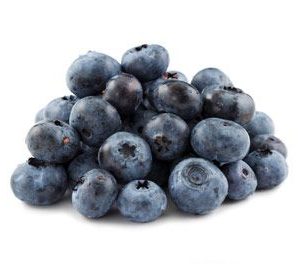
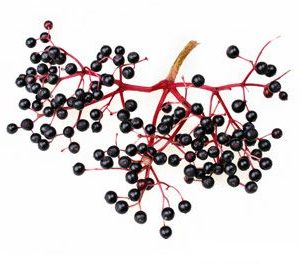
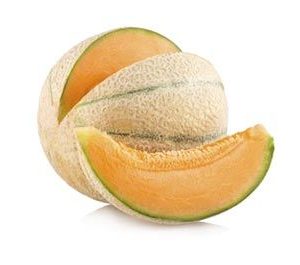
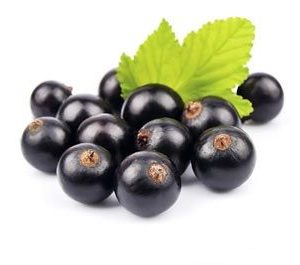
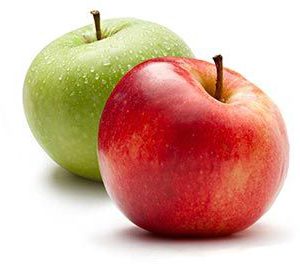
Reviews
There are no reviews yet.